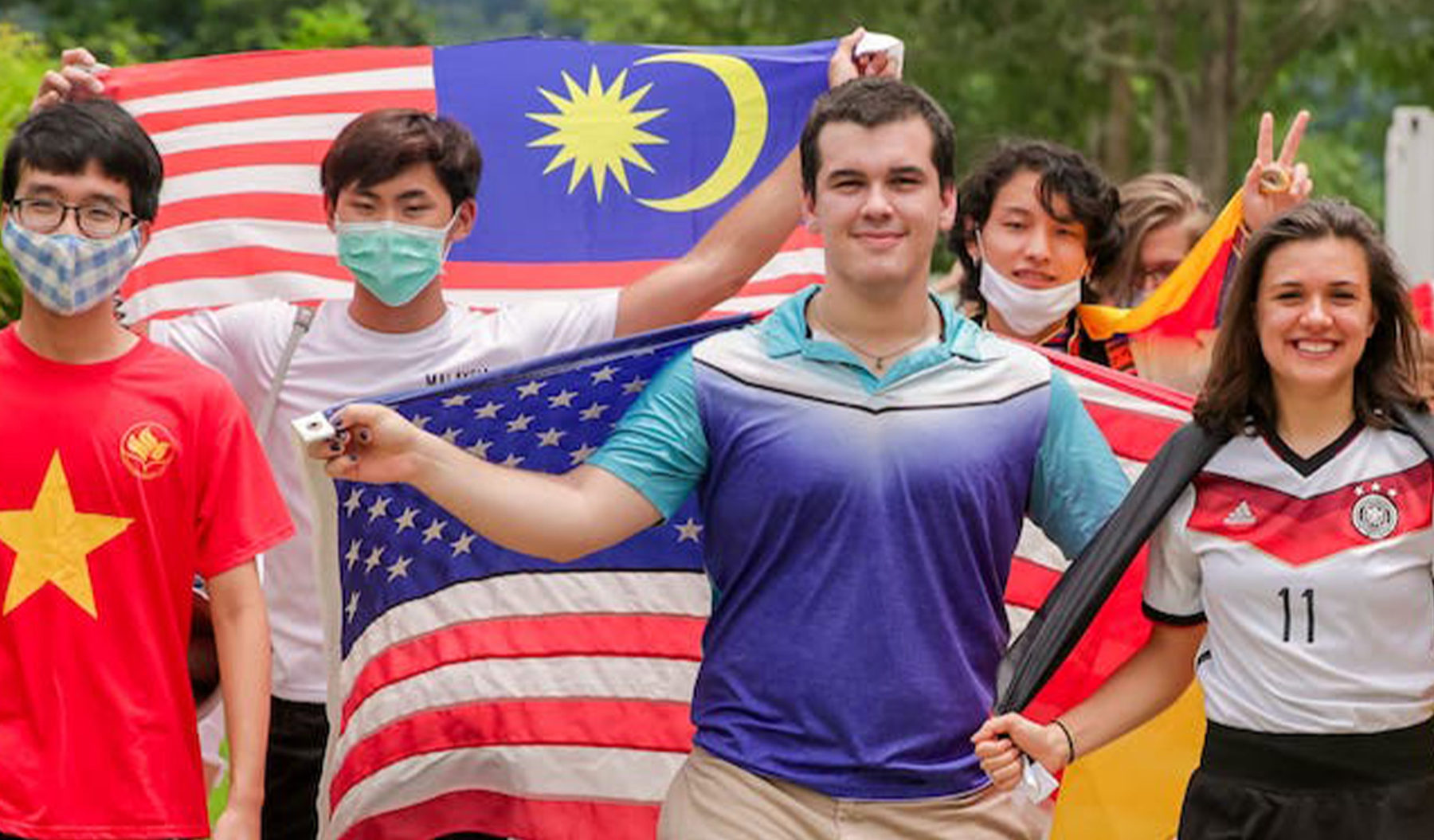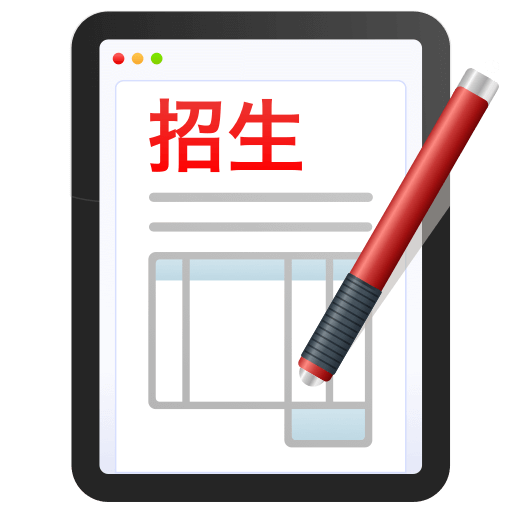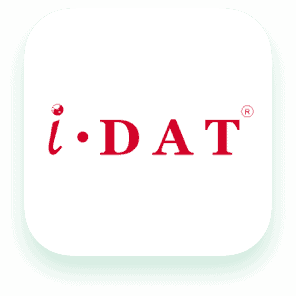United World College is more than just another international school. As its mission states, it is “a global education movement that makes education a force to unite people, nations and cultures for peace and a sustainable future.” In response to the Cold War of the 1960s, the founders of the UWC movement believed that bringing together a deliberately diverse group of young people for the purpose of education would inspire and enable them to become agents of positive change.

Today, the students who are selected to attend the UWCs around the world are not only diverse in terms of languages, nationalities and cultures, but also are socio-economically diverse. Every year, each of the 18 UWCs determines the mix of students they hope to have at the school the following year. The details of these disparate “student body wish lists” are communicated, in the form of what is called a UWC “offer,” to the dedicated volunteers in more than 150 countries who then recruit and select students who are a good fit for the UWC movement These groups of volunteers are part of the UWC National Committee System. More than 4000 volunteers comprise the 150+ National Committees around the world and include UWC alumni, parents of alumni, education professionals, and community leaders who have embraced UWC’s mission and values. Each committee is uniquely situated to identify the most promising students in the country. The UWC National Committee System is one of the most unique features of the UWC movement.
Selection Criteria at all United World Colleges
From the perspective of any Director of Admissions, this sounds like it could become an admissions nightmare and a leap of faith is certainly required! How can such a wide range of people across a range of cultures and contexts select students who are academically able and ready to cope with the challenging IB Diploma Program far from home, for 18 different schools? Despite the differences across the National Committees, this system is amazingly effective. The UWC movement has a set of five core selection criteria. Each National Committee organizes a selection process that includes interviews, role plays, group activities, essays, projects, presentations and more that provide each student the opportunity to demonstrate the core selection criteria as follows:
- Intellectual curiousity and motivation.
- Active commitment
- Social competence
- Resilience, personal responsibility and integrity
- Motivation for UWC
One might look at this criteria and question what is missing. Academics and English language abilities are not part of the core selection criteria. Revisiting the Mission Impossible theme?
Promoting Real Socio-Economic Diversity
In order to encourage socio-economic diversity, the UWC movement offers needs-based scholarships. Each student completes a financial assessment which is separate from the selection process. Students who have successfully completed the selection process are then matched up with a scholarship offered by one of the 18 UWCs, or one of the movement’s generous donors such as Shelby Davis, the Horizon Foundation or the United Nations High Commissioner for Refugees. Many international schools claim to be diverse and proudly state they have “more than 60 nationalities” attending their schools. But how many of those international schools have real socio-economic diversity as well? Do they offer educational opportunities to Syrian, Palestinian and Tibetan refugees, or young people from marginalized communities such as religious minorities in Indonesia, or the slums of Bangkok? Take a peek behind the door of any UWC and you see a story that is different from that of most international schools, a story that is a more inclusive picture of diversity.
Theories and visions are often aspirational, but what is the reality? Does the selection system work and does it accomplish the stated goals? As an Admissions Officer, letting go of the admissions process and handing it over to groups of strangers around the world can be challenging. It is not perfect and it is always a work in progress. The UWC movement has many success stories to share. One such story is Summia’s. She grew up as an Afghan refugee in Pakistan and is now the first Rhodes Scholar from Afghanistan. She attended UWC USA. Khun Neung (not his real name) grew up an orphan in the slums of Bangkok and is now living on an expatriate contract while working for a large retail chain in his home country of Thailand. He attended UWC Red Cross Nordic in Norway.
Not only does a UWC education open doors, it can also change the way one thinks about the world. In the words of Quique Bassat, an alumnus of UWC Atlantic, “Sharing a room with a Kenyan gave me a reality check about needs and realities in this world full of inequities.” Quique is a global health researcher and has lived and worked in Papua New Guinea, Bhutan, Mozambique and more while chairing the UWC International Council. These global citizens who have had the rich experience that only true diversity offers are a credit to themselves, UWC and the world community.
The goals of UWC are exemplified not only in the diversity and accomplishments of our students, but also in the diversity and accomplishments of National Committees doing the work of 150+ admissions committees. Creating deliberate diversity across the movement and the 18 UWC schools and colleges, we endeavor to accomplish the goal of “One Humanity” and also to set an example of how that model can be successful.This is UWC’s identity.
The UWC Selection Process
- The National Committees (NC) and Global Selection Program (GSP) select the application deadlines and announce those to their relevant markets.
- Applications are accepted and reviewed.
- Promising candidates are invited to Selection Day (either face to face or virtually).
- Candidates are given some specific activities or projects to prepare in advance.
- On Selection Day, the candidates are given opportunities to provide data, prompted by tasks to interact with peers or questions from selectors.
- UWC NC or GSP selectors observe students for evidence of
a. Intellectual Curiosity and Motivation
b. Active Commitment
c. Social Competence
d. Resilience, Personal Responsibility and Integrity
e. Motivation for UWC - Candidates are scored 1-5 on the above criteria (5 is high) and scores are collated.
- The selectors discuss and determine the minimum score needed to be accepted and placed at a UWC.
- Financial Information is collected from candidates who would like to apply for scholarships – UWC Scholarships are needs-based
- scholarships so financial need must be demonstrated.
Scholarship offers are matched up with individual candidate’s demonstrated financial need – those who demonstrate higher financial need will be offered the larger scholarships. - The final placements and scholarship offers are confirmed and the candidates are informed of their offers to attend a UWC.
How to Apply to a UWC
Choose your application rule
- National Committee (NC) route if you need a scholarship
- Global Selection Program (GSP) if you can forgo financial assistance and want to attend a specific UWC
Plan ahead
- Check the application deadlines at uwc.org/applicationdeadlines
- Or start your GSP application before the month of May at https://apply.uwc.org/
Explore the school and define your school preferences
- NCs do not receive scholarship offers from all UWCs so options for school choice are limited
- The GSP route has more options and you may apply directly to 16 of the 18 UWCs
Review and understand the selection criteria, supporting information and documents.
Prepare for selection day
- There may be some specific projects you will be asked to prepare in advance
On selection day
- Show your authentic self
- Share your vision
- Relax and have fun!
















 All Services
All Services